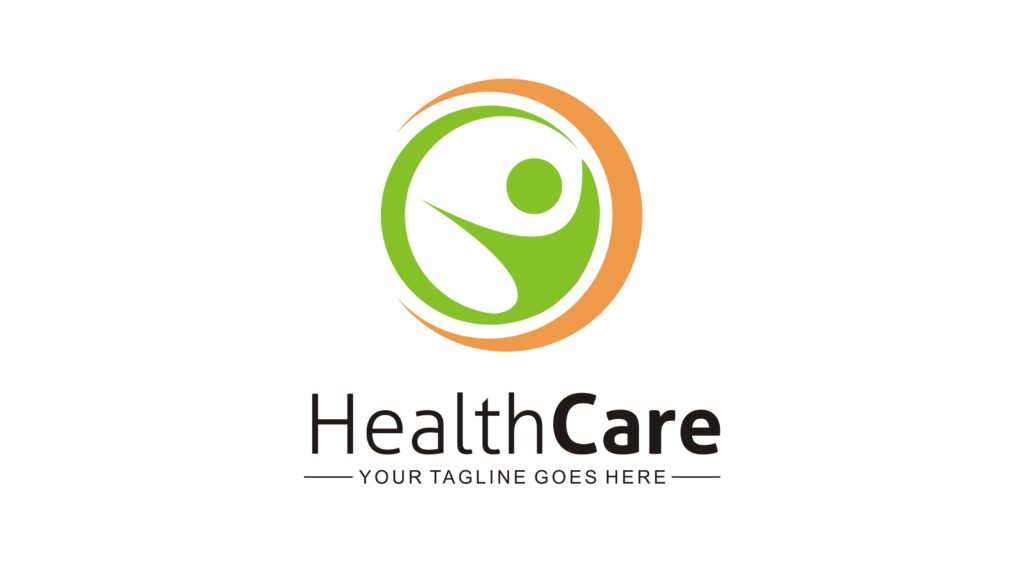Understanding Egg Intolerance: Symptoms, Diagnosis, and Therapy in Men, Women, and Children
Introduction
Understanding Egg Intolerance: Symptoms, Diagnosis, and Therapy in Men, Women, and Children Egg intolerance, also known as egg sensitivity, is characterized by the body’s inability to digest eggs properly. Unlike egg allergies, which involve the immune system, egg intolerance stems from difficulties breaking down specific components present in eggs. This intolerance affects individuals of all ages, including men, women, and children. In this comprehensive guide, we will explore the symptoms, diagnosis, and therapy options available for egg intolerance.
Symptoms of Egg Intolerance
- Digestive symptoms:
- Abdominal pain
- Bloating
- Diarrhea or constipation
- Nausea
- Respiratory symptoms:
- Asthma-like symptoms
- Wheezing
- Skin reactions:
- Eczema
- Skin rashes
- Itching
- Systemic symptoms:
- Fatigue
- Headaches
- Irritability
Diagnosis of egg intolerance
- Medical History and Physical Examination:
- Detailed discussion of symptoms
- Physical examination to rule out other conditions
- Elimination diet:
- Removal of eggs and egg-containing products from the diet
- Monitoring symptoms to observe improvements
- Food diary:
- Keep a record of your daily food intake and symptoms
- Identifying egg consumption patterns
- Medical tests:
- Blood Tests: Measuring specific antibodies and other markers related to egg intolerance
- Skin Prick Test: Checking for immediate allergic reactions to egg proteins
- Oral Food Challenge: Gradually reintroducing eggs under medical supervision to observe reactions
Egg-Free Diet and Nutritional Considerations
- Avoiding Hidden Egg Sources:
- Read food labels carefully
- Being aware of everyday food items containing hidden eggs
- Alternative protein sources:
- Plant-based proteins (tofu, legumes, nuts)
- Poultry, meat, and fish (for non-vegetarians).
- Dairy products (if lactose-tolerant)
- Calcium and Vitamin D Sources:
- Fortified dairy alternatives (soy milk, almond milk)
- Leafy green vegetables
- Supplements, if necessary
Therapy and management
- Nutritional counseling:
- Consultation with a registered dietitian
- Create a balanced, egg-free diet plan
- Allergen-free cooking classes:
- Learning to cook tasty, egg-free meals
- Exploring alternative cooking techniques and ingredients
- Support groups:
- Connecting with others facing similar challenges
- Sharing experiences and coping strategies
- Psychological support:
- Counseling or therapy to manage stress and anxiety related to dietary restrictions
- Developing a positive mindset towards living with egg intolerance
- Medical follow-ups:
- Regular check-ups with healthcare providers
- Monitoring overall health and nutritional status
Conclusion
Egg intolerance can significantly impact individuals’ quality of life, regardless of age or gender. Recognizing the symptoms, obtaining an accurate diagnosis, and following an appropriate therapy plan are crucial steps in managing this condition effectively. With proper guidance, support, and a well-balanced egg-free diet, individuals with egg intolerance can lead healthy and fulfilling lives. Stay informed, seek professional help, and embrace resources to manage egg intolerance successfully. This will ensure a happier and healthier future for everyone affected by this condition.







